New Partnership between Harvard Medical School & UNITAR
From left to right: Dr. Geoff Ibbotson, Executive Director of GSF, Mr. Nikhil Seth, Executive Director of UNITAR, Mr. Alex Mejia, Division Director at UNITAR
5 July 2019, Geneva, Switzerland - The United Nations Institute for Training and Research (UNITAR) and Harvard Medical School's Program in Global Surgery and Social Change (PGSSC) signed a three-year Memorandum of Understanding (MoU), committing to bringing surgical, obstetrical and anaesthesia care into the mainstream discussions of global health and offering innovative capacity-building tools to support the development of improved surgical care systems globally
PGSSC is a collaborative effort working to strengthen global surgical systems through research, advocacy, and implementation science. PGSSC also aims to empower surgeons, surgical trainees and medical students around the world with the skills they need to improve the health of some of the world's most impoverished people.
The global burden of non-communicable diseases and injury is increasing at an alarming rate. The demand for surgical care and anaesthesia is rising proportionately. Approximately 30% of the world’s burden of disease is caused by conditions that can be treated by surgery or require the direct care of a surgeon. Capacity building is an important instrument in tackling social health inequities by enhancing the capacity of organisations at national, regional and local levels to address the social determinants of the health inequalities.
It has been clearly shown that Universal Health Coverage and other important health related objectives outlined in the Sustainable Development Goals (SDGs) are not achievable without ensuring that surgical, obstetrical and anaesthesia care is accessible, safe, timely and affordable. As part of the MoU, UNITAR and PGSSC agree to jointly pursue cooperation based on their respective mandates, mission, goals, needs, expertise, networks and work programmes in order to develop and implement innovative capacity building solutions to further the goals of global surgery.

